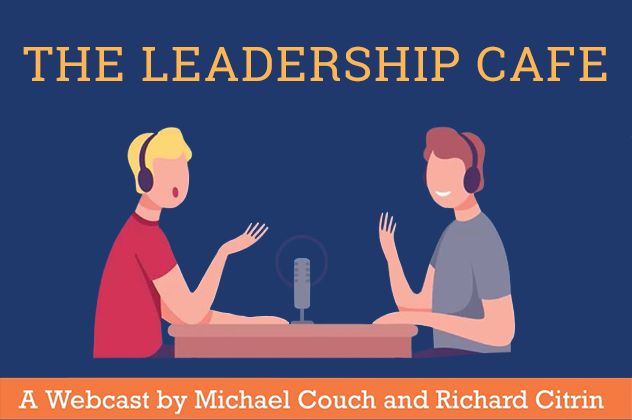A story in last weekend’s Wall Street Journal, America’s Greatest Math Team Shares It Secrets, tells how a retired financial trader turned educator transformed an average-performing Florida High School into a mathematical powerhouse.
Retired bond trader Will Frazier believed he could bring his financial acumen to improve mathematics education in public schools. He took a position teaching math at Buchholz High School and immediately formed a math team to participate in national competitions.
He asked himself and others how best to teach mathematics. In the process, he discovered three critical steps to creating greatness.
- He didn’t start by examining what was wrong with math education but instead talked to coaches of winning teams to find out their formula for success. We often focus on what is not working instead of what is working. By focusing on success, he uncovered the other two elements of his team’s move to greatness.
- He built a math pipeline by identifying kids in elementary or junior high with a propensity for numbers and helped them hone their skills early. This continual process ensured competitive teams since 2007.
- Mr. Frazier’s last key to success is using students as teachers. This peer or cohort teaching model engages learners on both sides of the desk as younger kids want to impress a fellow student a few years older, and the older kids enjoy the opportunity to teach with their peers and be idolized by their younger students.
We need a new way to teach mathematics. The US ranks 37th in high school math skills globally, and as reported in the Journal, China is graduating more STEM doctoral candidates than we are here in the USA.
Mr. Frazier’s model for math education has application for companies looking to grow their talent, as my co-author Michael Couch and I describe in Strategy Driven Leadership. Begin your search for success by identifying what your top people do to be successful, start early to build your leadership pipeline, and use cohort groups and mentors to create the skills needed for business success.
Resilience is not just about bouncing back but bouncing forward. Nothing better to bounce forward to than our greatness!
The Leadership Café
This edition of the Leadership Café features Liz Lamping, the Pittsburgh Human Resources Association Executive Director, a professional organization that focuses on creating better workplaces. The PHRA is the 15th most significant chapter of the Society of Human Resources. Find out how the PHRA helped its membership step up through the pandemic . . . and how Liz led the organization while working virtually from Germany and El Salvador well before remote work was common
